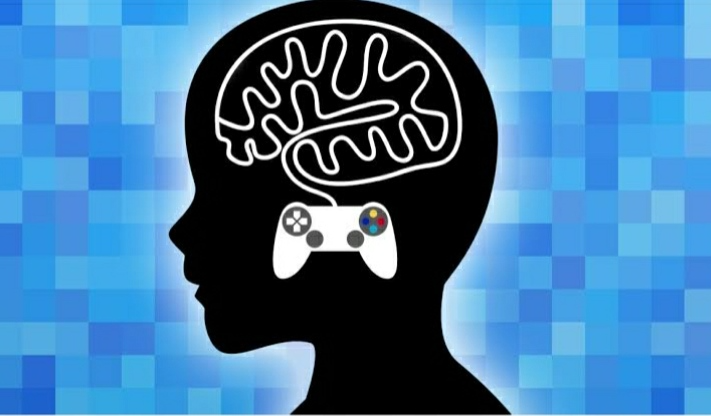Gaming and Mental Health
Gaming
The Benefits and Risks of gaming and mental health

Introduction
Gaming and Mental Health: The Benefits and Risks. Gaming has become one of the most popular forms of entertainment in recent years. With advancements in technology, video games have become more immersive, interactive, and realistic than ever before. While gaming can provide hours of enjoyment and can be a great way to unwind, it is important to consider the impact it can have on mental health.
Benefits of Gaming on Mental Health
Stress Relief
Playing video games can be a great way to relieve stress and unwind. Many games offer an immersive and engaging experience that allows players to escape from the pressures of everyday life. This can be particularly beneficial for people who struggle with anxiety or depression, as gaming can provide a much-needed break from negative thoughts and emotions.
Improved Cognitive Functioning
Playing video games can also have positive effects on cognitive functioning. Many games require players to problem-solve, think critically, and make quick decisions. These skills can translate to real-life situations and can improve overall cognitive functioning.
Social Interaction
Online gaming can provide a sense of social interaction and connection. Many games allow players to interact with others from around the world, providing a sense of community and belonging. This can be especially beneficial for people who struggle with social anxiety or who have difficulty making friends in real life.
Risks of Gaming on Mental Health
Addiction
One of the biggest risks associated with gaming is addiction. Gaming addiction is a real and serious problem, and it can have a negative impact on mental health. People who are addicted to gaming may experience withdrawal symptoms when they are unable to play, and they may neglect other responsibilities and activities in order to play.
Aggression
Some studies have suggested that playing violent video games can lead to increased aggression and hostility. While the link between violent video games and aggression is still a subject of debate, it is important to consider the potential impact that violent content can have on mental health.
Sleep Problems
Gaming can also have a negative impact on sleep. Playing games late into the night can disrupt sleep patterns and lead to sleep deprivation. Sleep deprivation can have a wide range of negative effects on mental health, including increased anxiety and depression.
Conclusion
While gaming can have both positive and negative effects on mental health, it is important to approach gaming in a balanced and mindful way. Moderation is key, and it is important to take breaks, engage in other activities, and maintain a healthy sleep schedule. By doing so, individuals can enjoy the benefits of gaming without putting their mental health at risk.
